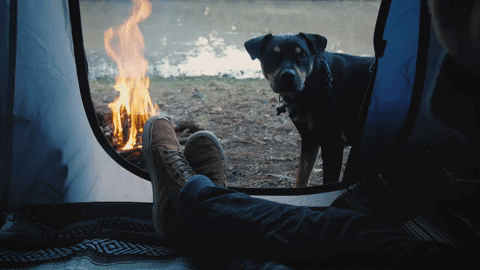When it comes to rental housing, there are laws in place to protect both the landlord and the tenant. It is important for everyone to know these laws so that they protect their rights as much as possible. These laws have been put in place under the Fair Housing Act and the Fair Credit Reporting Act. There are several laws in these acts that everyone should note.
Discrimination
There have been laws put in place to protect against discrimination. Fair Housing laws are designed to ensure that everyone has a chance to apply for housing. When landlords screen new tenants, it is critical to make sure that they comply with both state and federal laws surrounding equal housing opportunities.
Leasing
All landlords need to provide their tenants with a lease agreement and relevant legal paperwork. The landlord has to make sure the contract is legal. It should include monthly rates, leasing periods, and the names of the tenants.
Disclosures
There are also laws in place regarding required disclosures. Landlords need to inform tenants about all state laws, information about the rental, and paint hazards to tenants in writing. Ideally, this should be in the contract. Some states vary in these disclosures but landlords should also disclose the presence of sex offenders, mold, or recent deaths.
Environment
It is the responsibility of the landlord to ensure the rental unit is both safe and habitable. This means that all appliances, plumbing, heating, and fixtures are in good working order. The property cannot have pests or insects (or they must be kept under control).
Repairs
There are also laws surrounding making repairs. The tenants need to report all repair requests as required by the lease agreement. The landlord has to complete these repairs in a timely manner. If repairs are not made, the tenant is allowed to withhold rent money.
Deposits
Most lease agreements require a security deposit to cover damage from the tenant. The landlord can withhold this deposit only if they are used to cover property damage or defaulted rent payments. The landlord must provide an itemized statement showing how the deposit was used.
Privacy
There is a right on the part of the tenants to a private environment. The landlord must provide at least 24 to 48 hours’ notice of any entry into the property unless there is an emergency.
Criminals
If there is any criminal activity taking place in the unit, the landlord has to report this to the authorities once they have knowledge of these activities. This could include drug use or distribution. The landlord must protect other tenants against these criminal activities.
Safety
The landlord has to protect the tenants against fire and carbon monoxide poisoning. There should be working detectors. There should also be working deadbolt locks on doors and windows.
Evictions
Finally, there are laws that regulate eviction processes. A landlord can evict a tenant for the nonpayment of rent or for violating a clause in the contract, such as property damage. The landlord has to go through the legal eviction process as required by the state.
Know the Laws
It is important for both landlords and tenants to keep up with these laws. Anyone with questions or concerns should seek the counsel of a legal professional.

